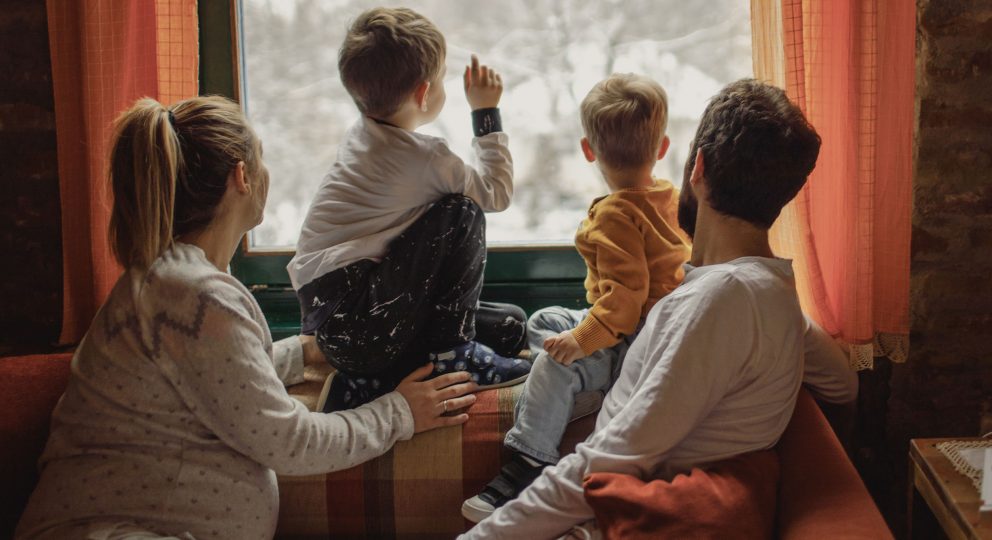The increase in children’s big emotions and challenging behaviors during the pandemic have many parents reaching out for advice. The kids’ negative behaviors are creating overwhelm and frustration for parents who are often juggling work, home life, and in many cases, online learning. They scratch their heads as to why these new behaviors happen and wonder what they can do to avoid or resolve the challenges.
Misbehavior is a Bid in disguise
A good place to start when trying to understand what drives kids is to look just below the surface of the actual behaviors you see. All children’s behaviors are purposeful and driven by a need or desire. Dr. John Gottman calls these “Bids.” A bid is simply an attempt to get attention, acceptance, or connection. Most of children’s negative behaviors are either bids for 1) attention or connection or 2) a sense of power or control. These bids can take the form of whining, poking, yelling, throwing, repeating your name like a broken record, tantrums, and a hundred other forms of physical communication.
When children act out, you need to remember that the bid being made is actually the child crying out, “See me, involve me, make me feel useful” or “Let me help, give me choices.”
When you look at children’s negative behaviors and big emotions through this lens, you can then distinguish the best way to move forward and handle the situation. Dr. Jane Nelson, the founder of Positive Discipline, says that the emotion or reaction these behaviors bring up in parents is the first clue in determining what the child is trying to communicate. If you feel irritated, annoyed, or guilty, your child is most likely communicating that they want attention and connection. These are the moments when you might be thinking, “Seriously, how many times have I told you…” and then remind them a few more times or end up doing the thing you asked them to for them. And if you are feeling angry, challenged, or defeated, you are probably witnessing a child who just wants some control. In this scenario, the parent is often thinking, “I’m not going to let you get away with this” and then stand their ground because they know they are right or give in because they don’t have the energy to continue the dialogue.
Rituals of Connection to the rescue
One way to prevent these challenging behaviors is to establish Rituals of Connection. Rituals of Connection are structured activities you do with your child, intentionally and consistently, that facilitate connection. You not only meet your children’s need for attention and connection, but you can avoid negative behaviors by sprinkling these little windows of opportunity throughout your day and week. Children will be more cooperative when they know that they will get their special time, a time when they feel that their adult cares about them and treats them with respect and dignity.
Ideas for Rituals of Connection with your kids
Some natural times to incorporate rituals of connection are during morning or bedtime routines, around mealtimes, and when you depart and reconnect after being apart.
For young children, it might look like a kiss and a hug the first moment they open their eyes each morning or a special activity you do together before you drop them off or right when you return in the evening.
These rituals don’t have to be for long periods of time. They can be as simple as getting down on the floor for five to ten minutes to play a game, color, or read a short book together.
For tweens or teens, it might be a weekly date going out for frozen yogurt, watching a favorite show together, or taking the dog for a walk.
During these times, the children get your full, undivided attention.
The benefits
Connection rituals help children feel connected to their parents, which in turn allows them to focus on other activities and people around them. These rituals can also help young children lengthen their attention span, increase cooperation, and foster self-esteem.
And for teens and tweens, studies have shown that students who report feeling connected to a parent or school have less emotional distress and fewer suicidal thoughts, are less likely to use cigarettes, alcohol, and marijuana, and demonstrate less violent behavior.
Ultimately though, these rituals are invaluable investments of time because they strengthen and deepen the parent-child relationship. And who can argue with making that kind of investment?







